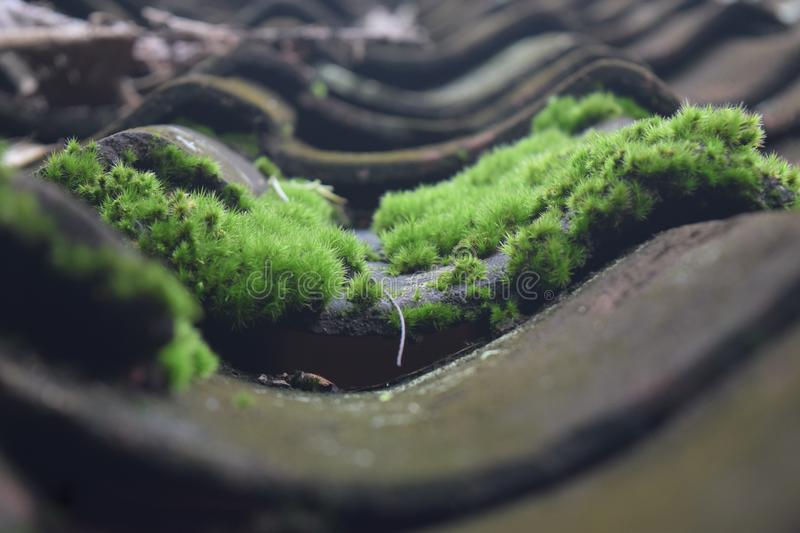How to Pressure Wash Your Driveway, Patio, Decking and Beyond
- Lynnie Dicker
- Feb 6, 2022
- 3 min read

You can clean your driveway, patio, decking and other structures at your property yourself, using equipment and chemicals bought from hardware stores. However it will take you a lot longer and possibly with a lower success rate of the desired finish you would have wanted and expected.
It is a common misconception that the PSi of a jet washer makes it more efficient (i.e. the higher the PSi the more effective it is). Although the PSi is important to some extent, it is the flow rate that is important for a professional finish and high class outcome.
A normal domestic Pressure Washer which could be bought from DIY stores have a flow rate of 6-9 litres per minute and they range in price from £50 to £300. Whereas a professional Pressure Washer (which we use) has a flow rate of 23 litres per minute and costs anywhere between £2,000 and up to £5,000.

What Chemicals to Use on my Driveway
From the outset I would assess how soiled and stained the driveway is i.e. is it stained with oil, marked with metal rust stains, growing weeds or moss through .mortar joints?
I would then use the appropriate chemical on a test patch as out of sight as possible - the last thing you want is a glaring patch in the middle of your driveway. I would wear the appropriate PPE as chemicals can give you serious side effects. If the test patch was successful, I would then proceed to use that chemical on the whole area.


Not all chemicals are available to the general public
There are a lots of chemicals out there, but first of all I would try to clean and clear the area by just using the professional Pressure Washer, because chemicals have to be used in the right setting.
On the determination of the need for chemical use, which might be a heavily stained driveway, you should use Sodium Hydrocloride, mixing it to the correct strength.
Hydrocloride is a very strong bleach which is used to clean swimming pools. You have to be extra vigilant when using it near your pets, which should be keep well away from it, until it's been washed off and dried. You must take precautions with your plants, lawn, fish. trees, fencing and any wooden patio furniture when using Hydrocloride. You have to dowse the edge of your lawn, your plants and shrubbery and the bottom of your fencing prior to spraying Hydrocloride on to the area you are treating. After treatment, Hydrocloride needs to be washed off. At present Hydrocloride is available to the general public to buy, but it is under review to be professionals only that can purchase and use it.
Biocide
This is a less invasive chemical, although still harmful, it has active ingredients in it which take time to work. It works for longer and continues to kill off moss spores after the cleaning has been completed. Biocide needs to be diluted to the correct strength and can be used on anything wooden, Indian sandstone, paving slabs and patio furniture. It must not be rinsed off as it continues to work long after the application. It is only available to registered companies.


After Pressure Washing
After Pressure Washing, you need a full dry day before resanding block paving. The sand you must use is Kiln Dried Sand as this will fall into the space between the block paving and it will stablise it. Using ordinary sand is incorrect and will not give you the stability required for block paving.

Flat Surface Cleaner
You would use this on a big area of concrete or decking. Using a Flat Surface Cleaner eliminates the streaks which can be caused by the pressure washer nozzle on these types of surfaces.
Importance of Using the Correct Chemicals and PPE
When undertaking the tasks of cleaning the exterior of your property, please take the utmost care when choosing which chemicals, PPE and pressure washer you decide to use, as you can cause more harm to the fabric of your property, if incorrectly used. The last thing you want is to cause damage to your driveway, patio, decking, garage door, caravan, fencing or outdoor furniture, so taking time to consider the correct tools and chemicals will save you heartache later.




Comments